De l’appui pour les victimes
La Libérte – 26 janvier 2024 (Excerpt in English follows)
Si l’organisme en est à ses débuts, ses objectifs sont déjà bien fixés.
Originaire de l’Ontario, Irène Deschênes est une survivante d’abus sexuels commis durant son enfance par un prêtre de l’Église catholique. Elle est aujourd’hui à la tête d’un organisme, Outrage Canada, incorporé en avril 2023, qui souhaite que justice soit rendue plus rapidement pour les victimes.
Excerpt in English (provided by an OC volunteer):
Canon law is specific to the Catholic Church.
In canon law, it is canon no. 983 §1 which indicates that “the sacramental secret is inviolable; This is why it is absolutely forbidden for the confessor to betray a penitent in any way, by words or in any other way, and for any reason whatsoever. »Let us remember that canon law is specific to the Catholic Church. So, if a person of the clergy does not respect this rule, he risks excommunication as suggested in canon no. 1386 §1. “The confessor who directly violates the sacramental secret incurs excommunication latæ sententiæ reserved for the Apostolic See; anyone who violates it only indirectly will be punished according to the seriousness of the offense. »
To understand the interactions between canon law and civil law, Dr. Mariéle Wulf, director of the Center for the Protection of Minors and Vulnerable Persons at Saint Paul University, provides insight. “Canon law cannot replace civil law. It is, in fact, a legal system which can be applied within an institution and only within it. If a member of the clergy is guilty under civil law, the act is prosecuted in civil court. “The Church does not have civil or criminal jurisdiction. This is why it cannot convict a guilty person in the same way as a civil court because there are no prisons or police. In the event of criminally reprehensible behavior, the Church must therefore resort to civil justice. »
A national center
In this logic of not disclosing the statements of a confession, certain priests could therefore have been aware of deviant behavior in the Catholic Church and would not have acted as suggested by Irène Deschênes. “In my case, Father Sylvester also said that in the confessional he confessed to other priests and was forgiven. Then he continued to abuse other children. Then he would go to the confessional and confess, and then he would continue to abuse other children. This is how the archbishop is aware of the situation. He was aware and he was moving the problem from one community to another. A lawyer in our group calls this silent shuffling. »
Dr. Mariéle Wulf, however, recalls that “the Church can remove someone from their functions and prohibit them from accessing its own premises. That’s where its skills end. The complainant is therefore the Church itself, which excludes someone from its ranks. – Here too, reform is certainly necessary. For the moment, only the Church itself can file a complaint against the perpetrators of these acts. It should do it more clearly and firmly. But then, the Church must also rely on civil justice. »
“For the victims, it is not fast and effective enough”
In addition to this need to put an end to the law of silence, Irène Deschênes would like to see the establishment of an independent national reporting center. “This national reporting center would therefore extend to all institutions, and not just the church. It would be independent. People could therefore file allegations or complaints with this reporting center and people trained to carry out investigations would take care of it. “It would be a place where all the information would be gathered. So, if I want to know, for example, if Father Sylvester abused anyone else before me, the information will already be there. Obviously, nothing would be published without having solid evidence reported by investigators. Again, we would not publish addresses or personal contact details. The goal is not lynching. But rather it may assist people who seek help find it. » Dr. Mariéle Wulf recognizes that the work done within the Catholic Church takes time. “What the Church is trying to do is to be clearer in its approach and to work to raise awareness. For victims, it is not fast and effective enough. I understand it only too well. One of the difficulties lies in the fact that the Church as a whole is labeled as guilty. This does not justify cover-up within the Church – but neither does it justify casting general suspicion on an institution as a whole. »



